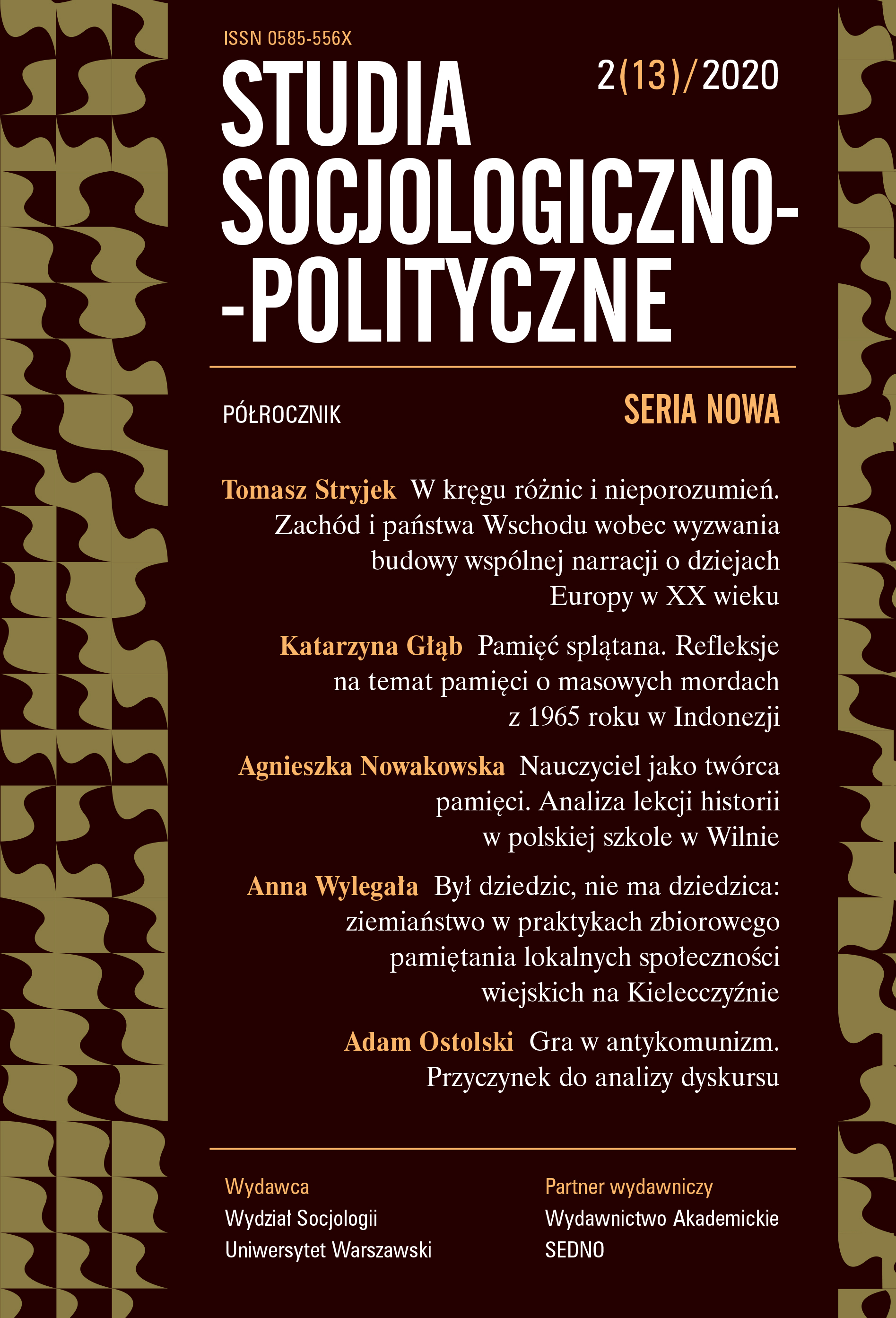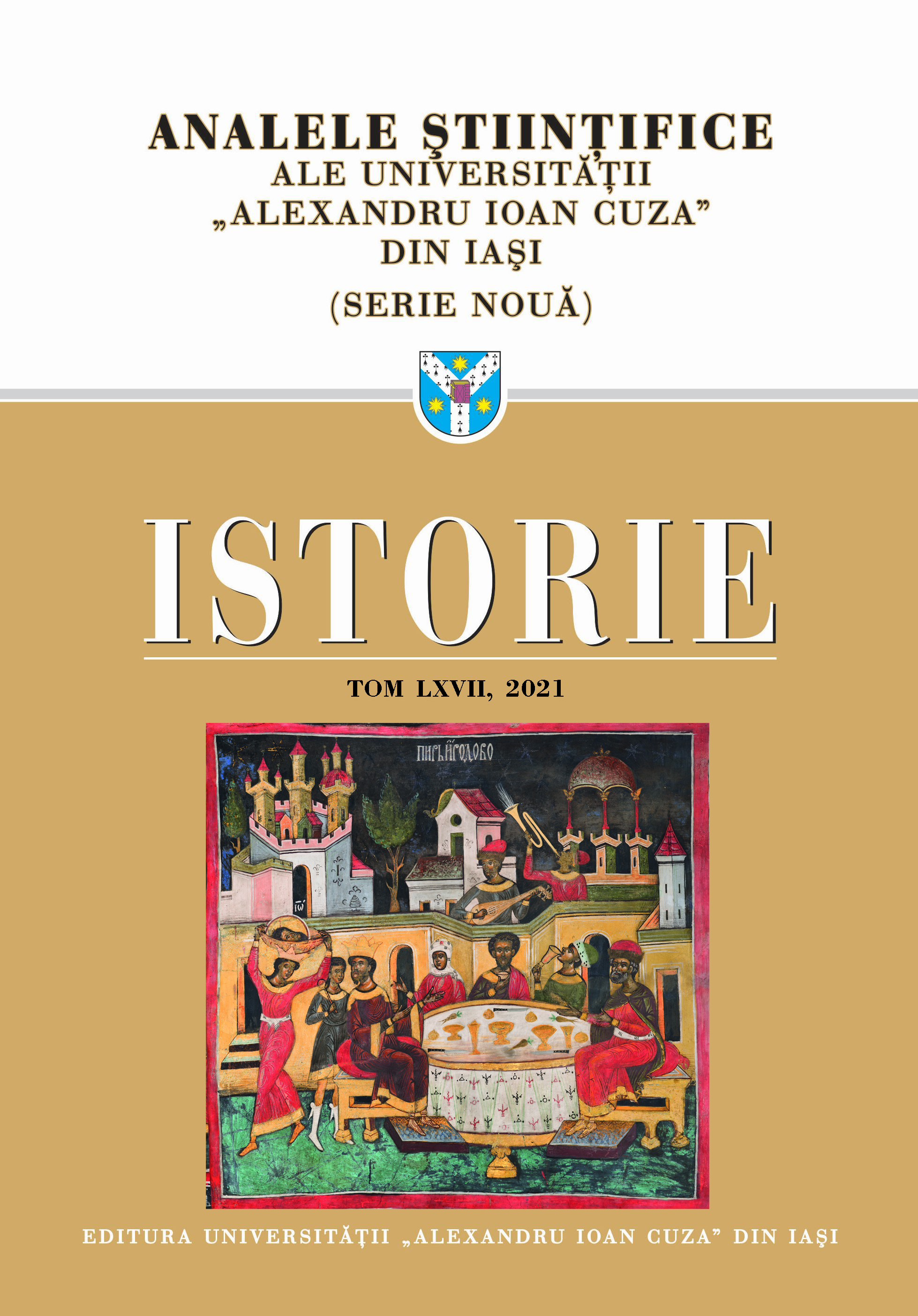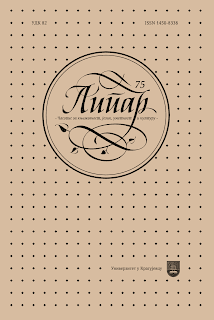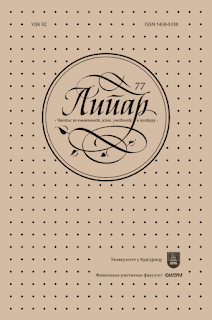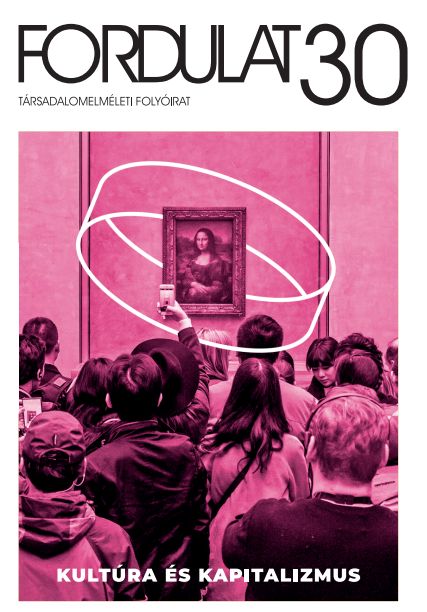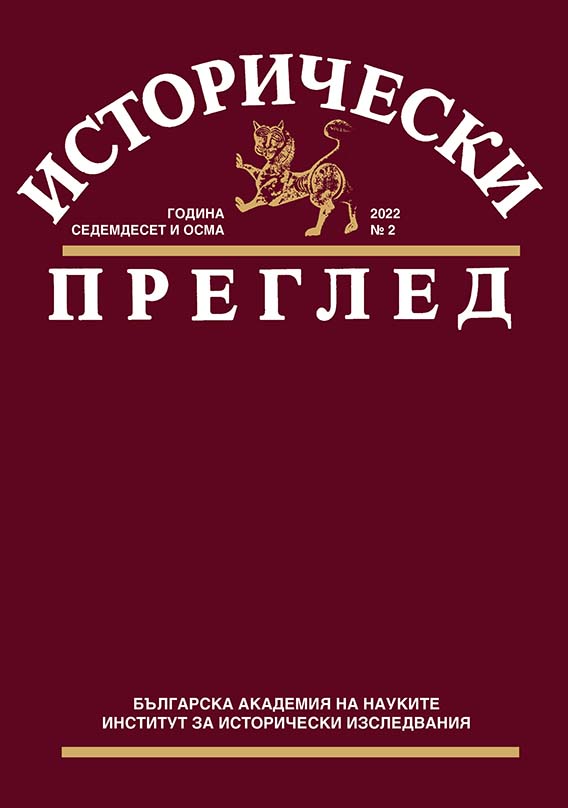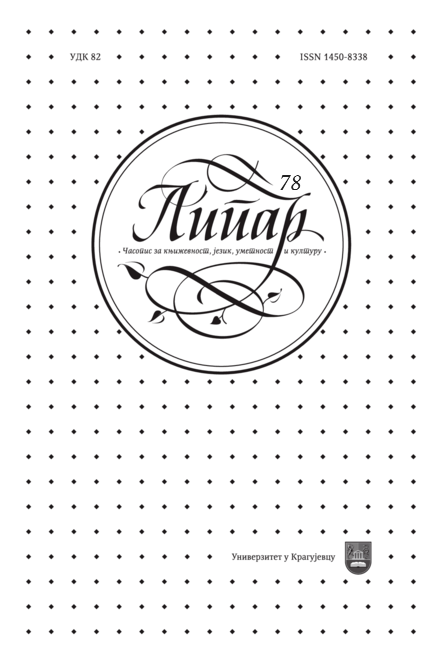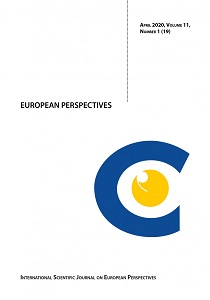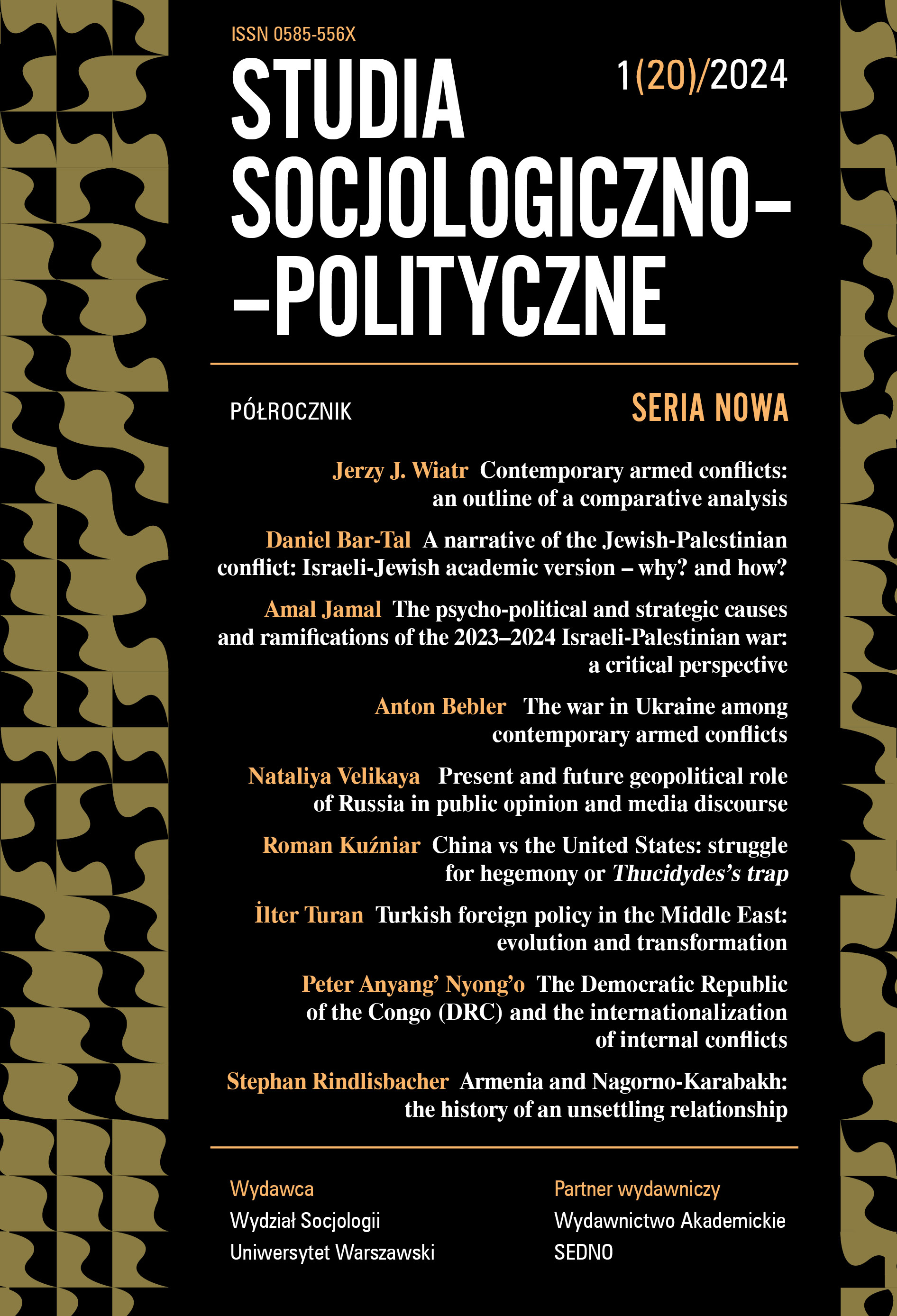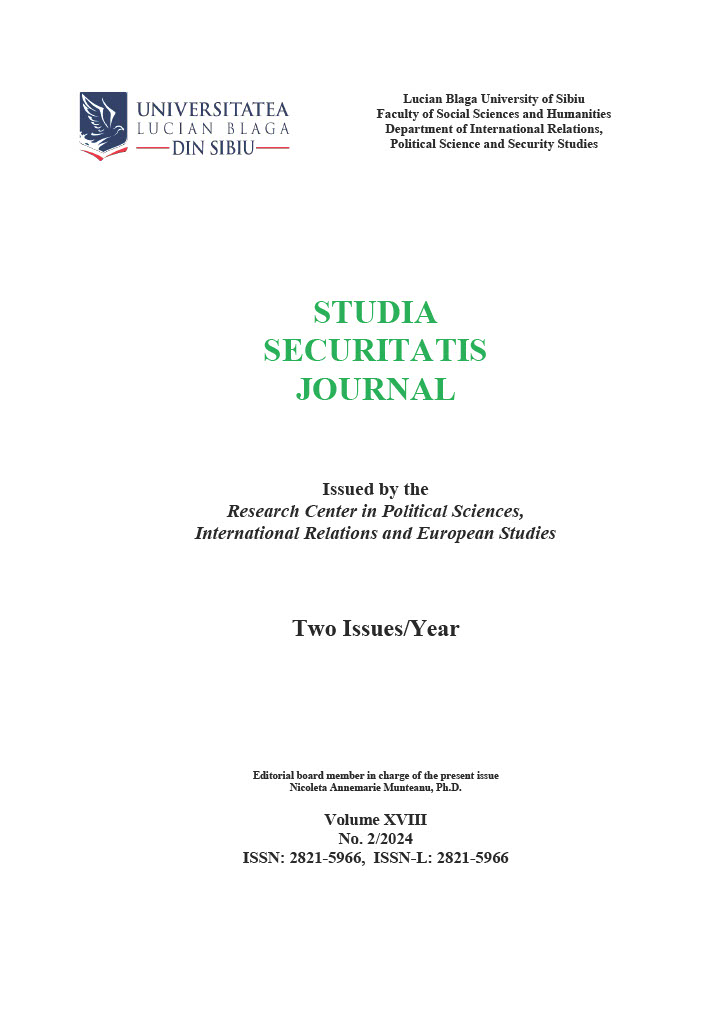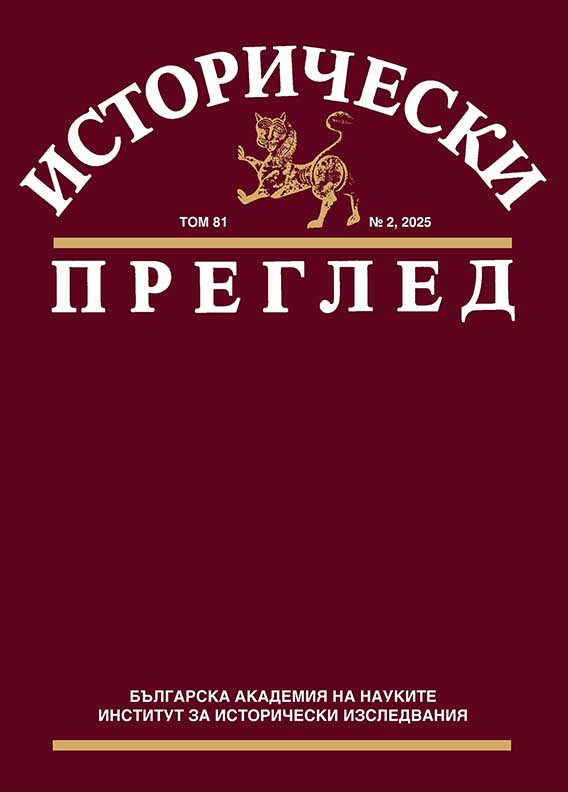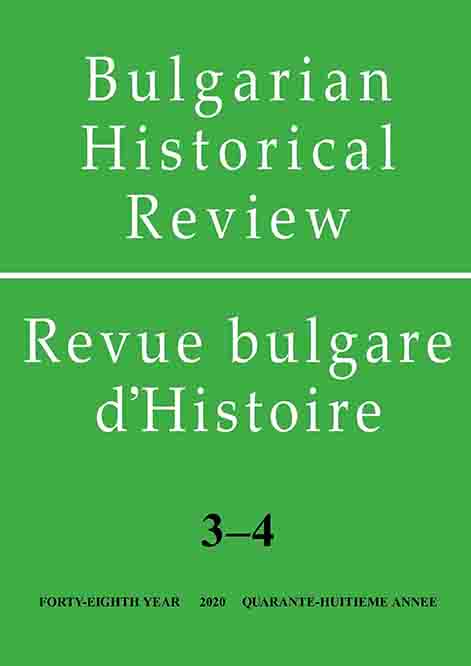
Балканы между войнами и миром в Новое и Новейшее время
The article provides a brief description of the history of the Balkans in Modern and Recent times. At the beginning of this period, the Balkans became part of the pan-European international system. First as an object, and then more and more of its subject. After the Berlin Congress, many Balkan countries gained independence, and during the First Balkan War, for the first time in history, the Balkan states acted together and independently, and not to support certain actions of the great powers. The Balkan allies were even called the “seventh great power”. However, at the same time, almost all the Balkan states experienced national disasters. Their return to Europe turned out to be incomplete and the lag behind the advanced part of the continent did not decrease either then, or in the interwar or post-war periods. It remains today, despite the accession of most of the Balkan countries to the European Union.
More...
